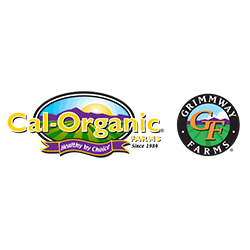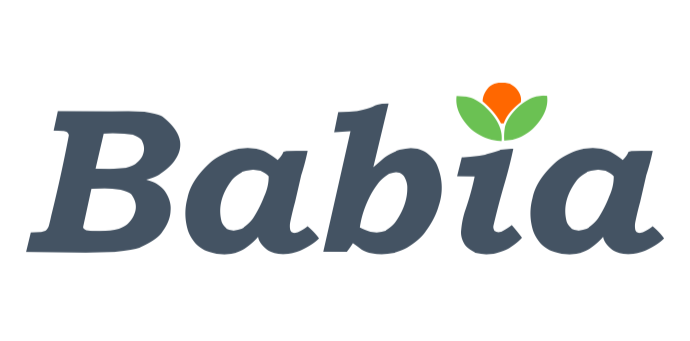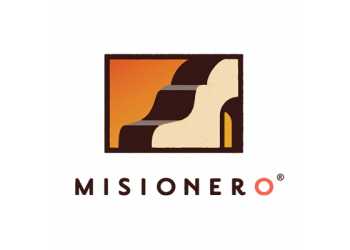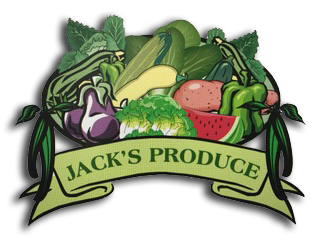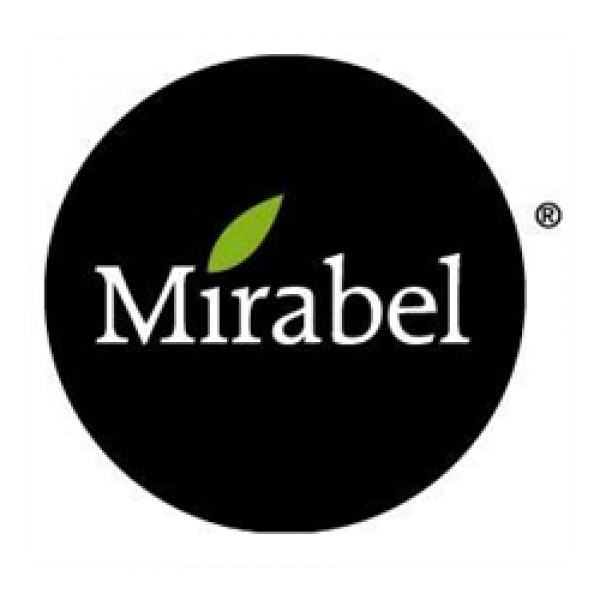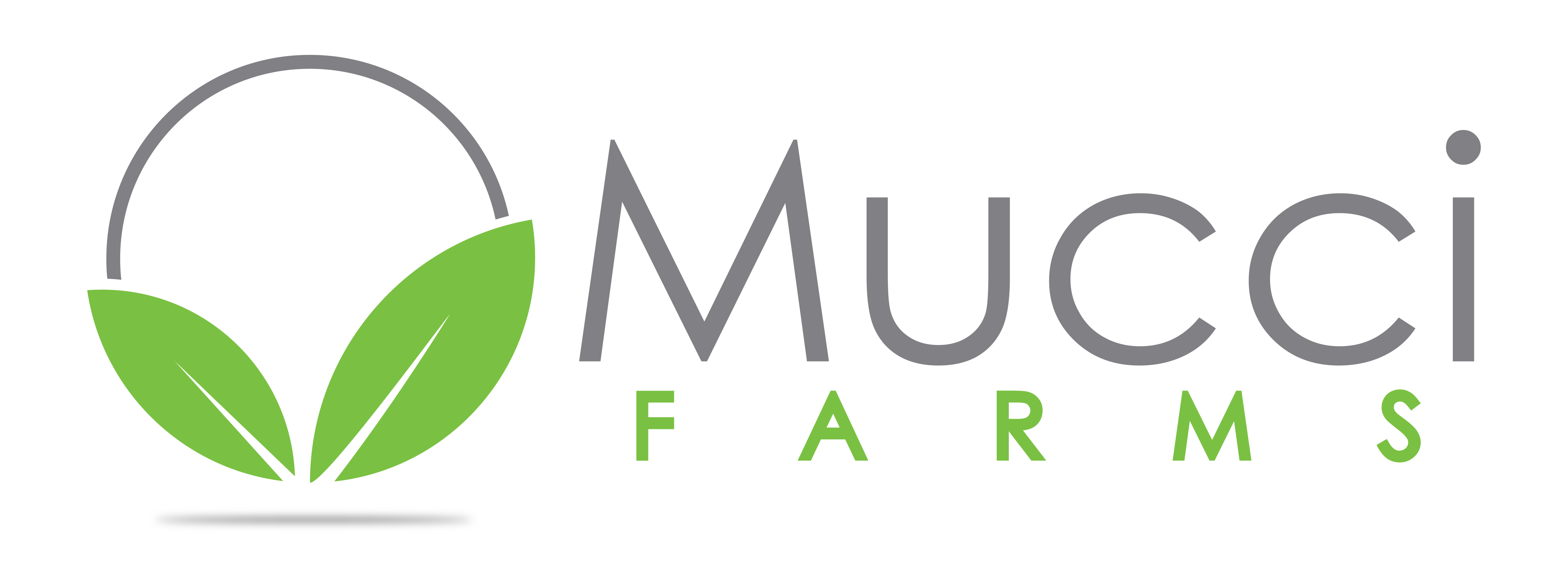Earlier this month, indoor vertical farming company Kalera finalized phase one of construction at its newest facility in Singapore. The fully automated indoor farm, which Chief Commercial Officer Henner Schwarz expects will have its first harvest in the third quarter of 2022, is projected to produce 500,000 kilograms, or more than 1.1 million pounds of greens each year.
In the U.S., Kalera operates indoor farms in Atlanta, Denver, Houston and Orlando, Fla. Given growing demand for sustainably farmed, higher-yield produce, Kalera continues to expand with additional farms in Seattle; Columbus, Ohio; Honolulu and St. Paul, Minn., currently under development.
The Packer recently caught up with Schwarz to discuss Kalera's indoor mega farms and its ambitious plans for the future.
Emergen research recently reported that the global vertical farming market size is expected to reach $20.16 billion in 2030. Is this in line with Kalera's projections? What percentage of this market do you anticipate Kalera will represent in the coming years?

Henner Schwarz
SCHWARZ: We estimate the global market addressable for indoor vertical farming to be between $30 to $50 billion. Obviously, this number will grow larger and larger the more crops you include beyond leafy greens, such as strawberries, tomatoes, etc.
How would you describe the current state of the global vertical farming industry and what is the future of this dynamic industry? What benefits do you see to vertical farming versus other systems of indoor farming?
Indoor vertical farming still is an industry in its infancy. We foresee a very dynamic development over the next couple of years, as there are a number of clear benefits over greenhouses:
- We grow our plants in a fully controlled environment, which means the plants have optimal growth conditions regarding light, climate and nutrient availability. This typically leads to faster growth/higher yields per square foot of grow space, as well as simply better taste.
- We operate in clean-room environments, which leads to our produce being cleaner. Hence, we are less prone for pest problems and contaminations. Furthermore, this allows for not using pesticides, not even organic pesticides.
- Our farms use much less land and are local and close to our customers. This means not only savings in logistics [costs], but fresher, better-tasting produce on the shelves and on the plates.
What will Kalera's new Singapore facility mean for the company's reach in that part of the world? What are some of the highlights of this new facility?
Singapore is one of the most developed ecosystems for indoor vertical farming globally and Kalera is proud to be part of it, with a large mega farm, as well as a global research and development center that will open later this year. The facility will feature a high degree of automation and offer complete control, enabling [us] to grow a broad range of varieties.
What are your expansion plans for the U.S. market?
We have four farms live in the U.S. and further six already announced and under construction. Whilst we continue to see further growth opportunities in the U.S., in the years ahead, you will also see strong growth internationally, predominantly in the Middle East and Southeast Asia.
Do you currently have any partnerships with retailers that include in-store or on-site indoor farming facilities?
Large retailers like Kroger, Publix or H-E-B are important partners for us and we continue to grow our business with them. We do offer in-store growing solutions; however, not yet in the U.S.



